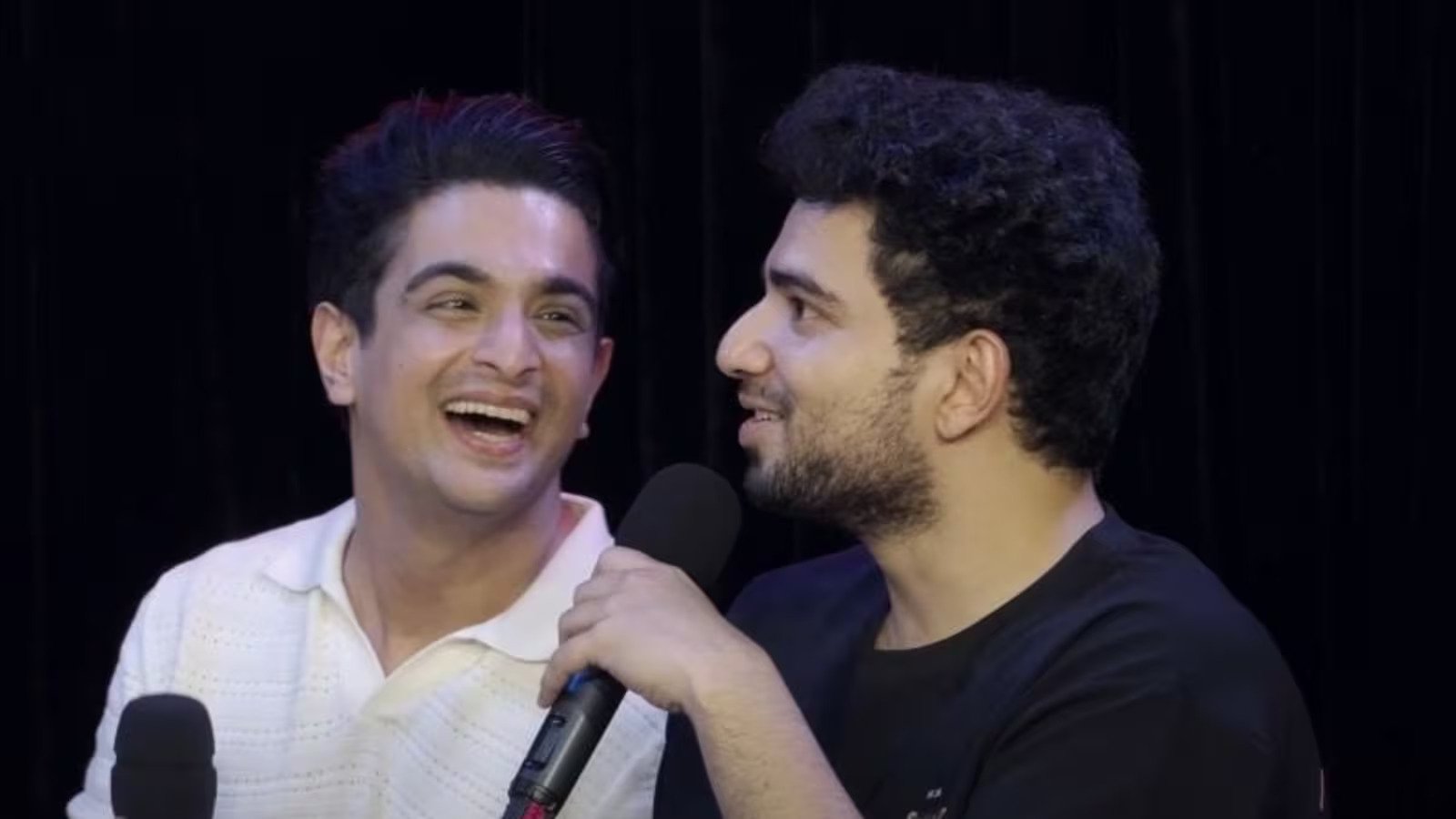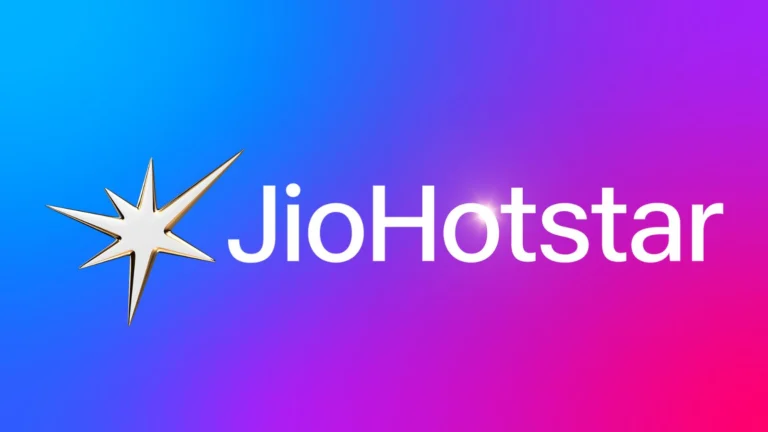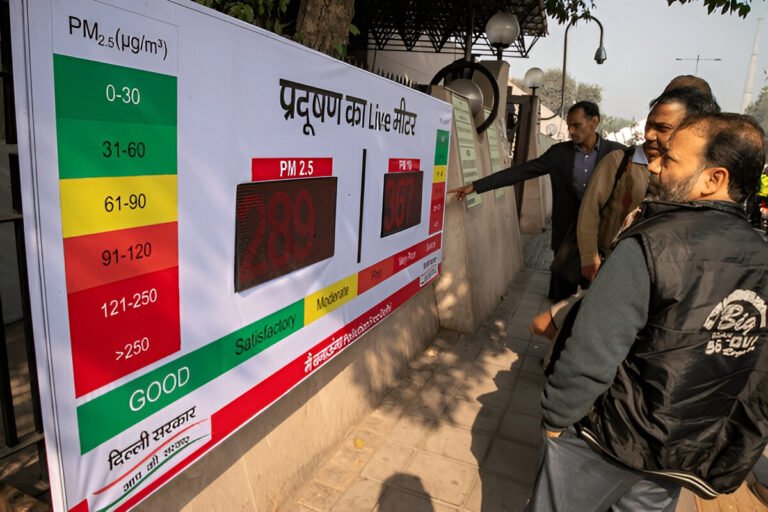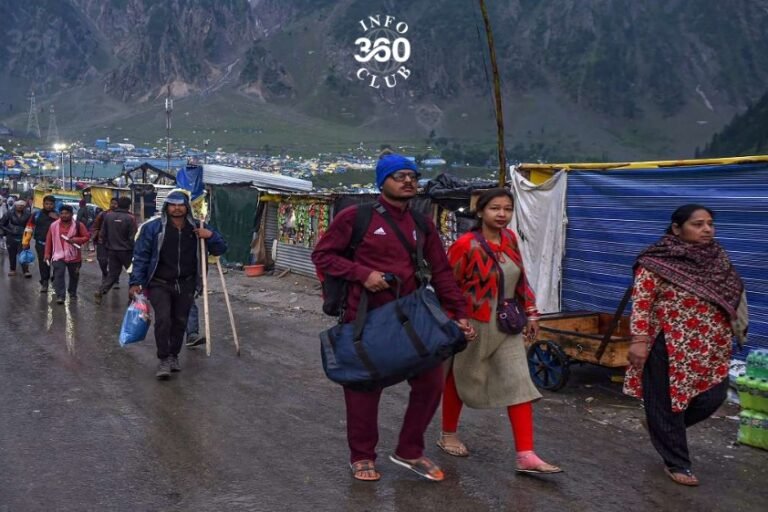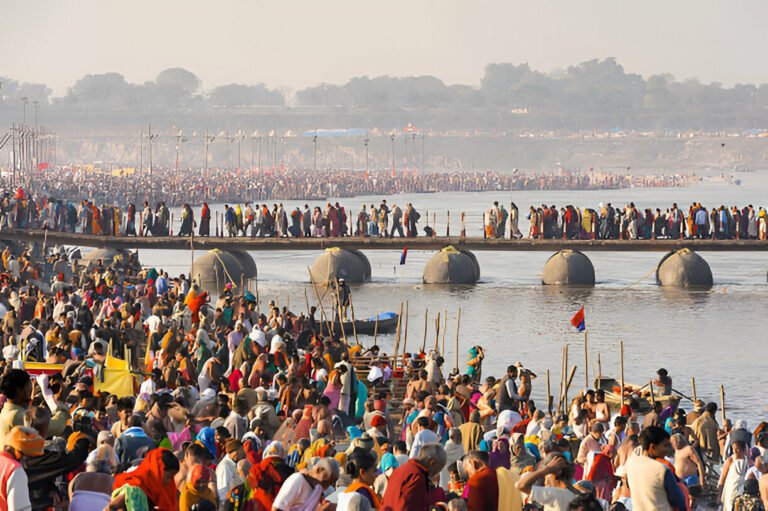Ranveer Allahbadia Controversy: How Social Media Is Responding
On February 10, 2025 popular YouTuber and podcaster Ranveer Allahbadia, also known as “BeerBiceps,” found himself at the center of a massive controversy. A remark made on comedian Samay Raina’s YouTube show, India’s Got Latent, went viral, sparking outrage on social media, drawing political scrutiny, and even leading to legal action. The incident raises important questions about content moderation, the responsibility of influencers, and the consequences of crossing ethical boundaries online.
The Controversial Remark
During an episode of India’s Got Latent, Allahbadia asked a contestant an extremely provocative question:
“Would you rather watch your parents have sex every day for the rest of your life or join in once and stop it forever?”
The statement was widely condemned as vulgar and inappropriate, leading to swift backlash from social media users. Within hours, clips of the moment were circulated across platforms, with thousands calling out Allahbadia for his insensitivity. Hashtags like #BoycottRanveerAllahbadia and #UnfollowRanveerAllahbadia trended on X (formerly Twitter) and Instagram, with users demanding accountability for their words.
Social Media Backlash
The public response was overwhelmingly negative. Many fans and followers who had previously admired Allahbadia’s self-improvement and motivational content expressed disappointment. Critics pointed out that as an influential figure with millions of followers, he should have exercised better judgment, especially in a public setting.
Some users also highlighted that this was not the first time a prominent content creator had crossed the line for the sake of entertainment. The controversy reignited debates about the ethical responsibilities of digital influencers and the unchecked nature of some YouTube shows, which often push boundaries for engagement and views.
Political and Legal Repercussions
The Ranveer Allahbadia Controversy soon escalated beyond social media, catching the attention of political figures and law enforcement. Maharashtra Chief Minister Devendra Fadnavis addressed the issue, emphasizing the need for responsible freedom of speech. He stated that while creative freedom is important, it should not come at the cost of public decency and ethical considerations.
Subsequently, the Maharashtra Cyber Department filed an FIR against Ranveer Allahbadia, Samay Raina, and 28 others involved in the show. The charges cited the use of “vulgar and obscene” language, and the authorities invoked relevant sections of the IT Act. Efforts were also initiated to remove all episodes of India’s Got Latent from YouTube and other platforms to prevent further circulation of controversial content.
Allahbadia’s Apology
In response to the backlash, Ranveer Allahbadia issued a public apology on his social media channels. In a video statement, he admitted his mistake and took full responsibility:
“My comment wasn’t just inappropriate; it was not even funny. Comedy is not my forte. I am just here to say sorry… I personally had a lapse, and judgment wasn’t cool on my part.”
He further requested the removal of the problematic segment from the video and assured his audience that he would be more mindful in the future. While some accepted his apology, others remained critical, arguing that an influencer of his stature should not have made such a remark in the first place.
Impact on Social Media Presence and Brand Deals
The Ranveer Allahbadia Controversy had immediate repercussions for Allahbadia’s online presence. Reports indicated that he lost over 8,000 Instagram followers within days. While this number may seem small compared to his millions of followers, it signaled a shift in public perception. Several brands associated with him also distanced themselves, either pausing collaborations or issuing statements emphasizing their commitment to ethical content partnerships.
YouTube, which has a history of demonetizing controversial content, was reportedly reviewing the incident. While no official action has been taken as of now, the platform’s response could set a precedent for how influencer controversies are handled moving forward.
Broader Implications for Content Creators
The Ranveer Allahbadia Controversy sheds light on the fine line between humor and offensiveness, especially in the digital age, where content spreads rapidly. It serves as a cautionary tale for influencers and creators, highlighting the need to balance entertainment with responsibility.
It also raises broader questions:
- Should social media platforms implement stricter content moderation policies?
- To what extent should influencers be held accountable for their words and actions?
- How should brands navigate their relationships with controversial figures?
Final Words
This incident has become a key moment in discussions about content regulation, influencer accountability, and ethical standards in digital entertainment. Whether Allahbadia recovers from this setback remains to be seen, but the controversy will likely have lasting effects on the way YouTubers and influencers approach their content. With social media users, brands, and even legal authorities keeping a closer eye on digital personalities, the landscape for online creators is evolving, emphasizing the need for responsibility alongside creativity.

